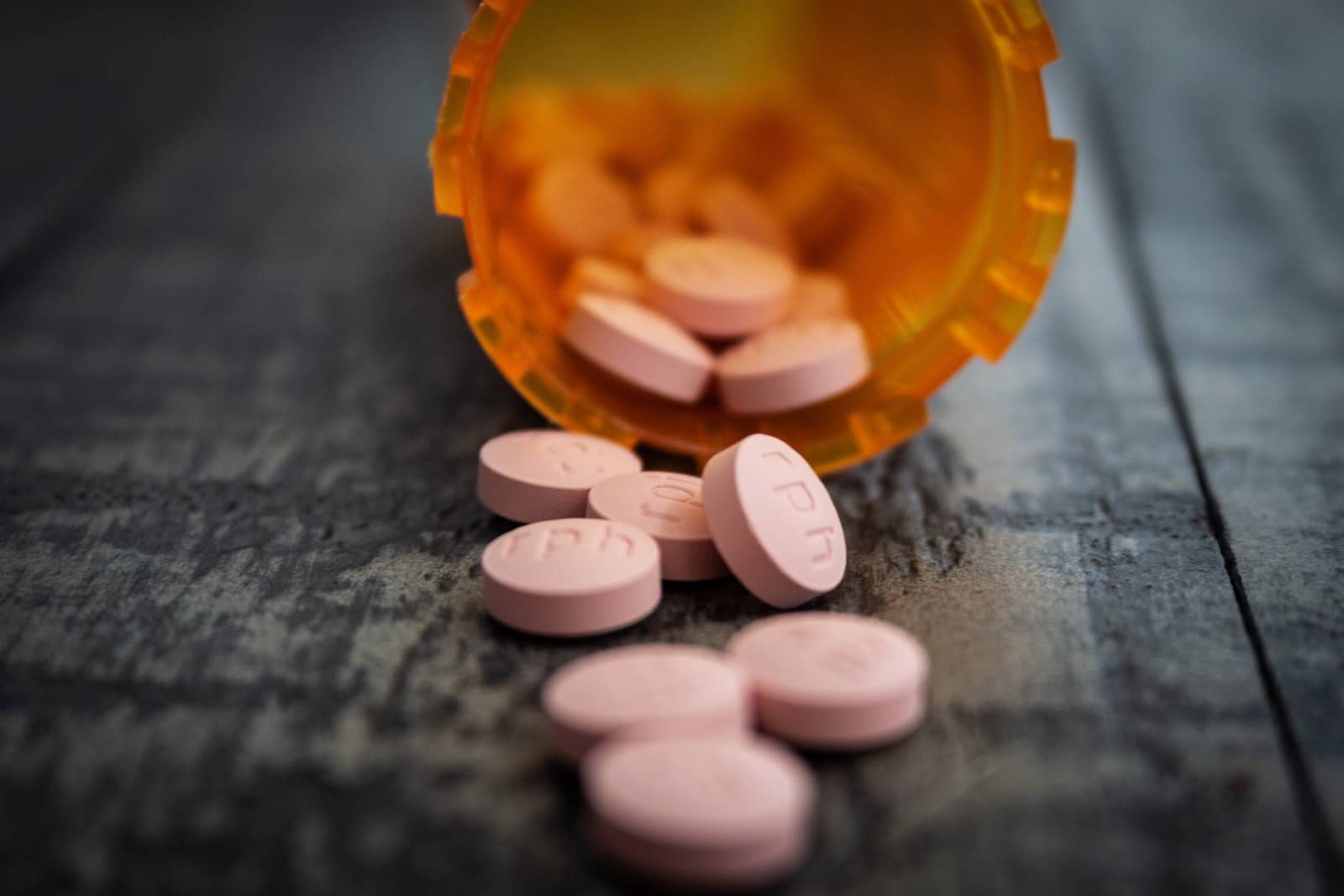Table of Contents
Gabapentin, known to be an anticonvulsant or antiepileptic drug, is a medication most commonly used to prevent and control seizures or to relieve nerve pain following shingles. While this medication has been considered relatively safe to take, the Food and Drug Administration (FDA) has not approved the use of this medication outside those conditions. However, clinical evidence has suggested that gabapentin can be useful in addressing other issues.
Some of the conditions gabapentin can treat include:
- Pain not relating to nerve issues
- Anxiety, particularly in certain psychological disorders, such as bipolar disorder
- Restless leg syndrome
- Withdrawal from alcohol and other drugs
Often used with other drugs to help treat certain disorders or issues, gabapentin is not particularly dangerous or has significant interactions when taken with other medications. Although relatively safe, it is important to understand how long gabapentin stays in your system and how it works to determine if this medication is right for you.
Additionally, you will want to seek the help of a medical professional along with possible counseling/therapy that can address the reasons for taking the medication, particularly if there is an issue with anxiety or an underlying substance abuse disorder. Getting to the root of taking the medication in the first place, particularly when pertaining to a mental health/addiction issue, is vital for the individual’s well-being and sobriety, especially in the long run. Therefore, a comprehensive assessment of what gabapentin will be used for will yield the most success in developing and maintaining a long-lasting and healthy outcome.
How Does Gabapentin Work?
Although gabapentin is not a controlled substance, it does require a written prescription from a physician that sees this medication as useful for the particular individual’s condition. Listed as an anticonvulsant drug, gabapentin is likely to mirror the actions of the neurotransmitter gamma-aminobutyric acid (GABA). Neurotransmitters in the brain are chemicals responsible for allowing the brain cells to communicate with one another. GABA, on the other hand, acts as a major inhibitory neurotransmitter in the brain, meaning it decreases the communication between nerve cells. This decrease in activity experienced by the brain is most likely the result of many people experiencing a calming or mood-boosting effect when GABA is increased in their brain. Furthermore, this could be why low levels of GABA may be linked to anxiety or mood disorders, epilepsy, and chronic pain.
Although gabapentin has low addiction potential, especially when compared to other prescription pain medications like opiate drugs, it is not as effective at relieving pain as the stronger, often more addicting medications. Therefore, many clinicians will prescribe gabapentin and other drugs to address a specific condition or issue more effectively. This is important to note because if gabapentin is not working for you, you may desire stronger drugs to alleviate any issues you may be experiencing. As a result, addiction could come into play. Therefore, speaking with a doctor about combining gabapentin with alternative drugs with a low addiction possibility is vital to ensure you are protecting your well-being and health. This is especially true if you have a history of addiction or notice addiction tendencies start to arise when taking any medication. These tendencies can include: wanting to take more than prescribed, seeking stronger alternatives to alleviate pain, or hiding or keeping secrets about medication use from friends or family.
How Long Does Gabapentin Stay in Your System?
How gabapentin is processed in the body depends on factors such as the type of gabapentin used, such as immediate-release, sustained-release, or enacarbil sustained-release, any underlying medical conditions, other medications used with gabapentin, and genetics (age, weight, gender, etc.). However, for most people, the half-life of gabapentin, meaning the time required for the amount of the drug to be reduced to half in the body, ranges from five to seven hours.
While the liver is responsible for metabolizing most substances, gabapentin reacts a little differently to the body’s organs. Instead of being broken down by the liver, gabapentin is primarily processed and metabolized by the kidneys. Because of this, gabapentin does not stay in the body for a long time, unlike other substances processed by the liver. Considering the drug’s half-life, most people would have the drug eliminated from their system around 48 hours after the last dose. However, just as the body processes gabapentin depending on various factors, the rate at which it is released also depends on numerous factors.
For example, if the extended-release gabapentin were taken, the drug would continue to release through the body over a longer time and, thus, would stay in the body longer than an immediate-release version. Furthermore, the amount of drug, age and weight of the individual, and differences in kidney functioning can affect how long it takes for this medication to be eliminated from the body. As such, older individuals or someone who has a lower body mass index or weight typically experience longer elimination times than someone who is younger or with a higher body mass index or weight. Lastly, hydration can quickly speed up the process of excreting this medication since the drug is primarily metabolized through the kidneys and eliminated through urination.
How Does Detox from Gabapentin Work if it Stays in Your System for a Long Time?
Although gabapentin is considered relatively safe, it is important to speak to a medical professional to assess whether this medication is right for you. Furthermore, if you are taking gabapentin to help with the withdrawal symptoms experienced from a drug or alcohol detox, you must also seek help for your addiction. It could be extremely beneficial to your well-being and sobriety to attend an inpatient or intensive outpatient drug rehab that can safely guide you on your path of detox and lasting sobriety. It is equally important that you seek help if you are struggling with an anxiety disorder so that it doesn’t turn into something more serious in the future, even causing a possible lapse into a substance abuse disorder.
Our detox services can help individuals addicted to gabapentin or other prescription drugs build the foundation for lasting sobriety. For questions about our programs and services, reach out today.
Frequently Asked Questions
Does gabapentin build up in your system?
Gabapentin can affect people differently depending on age, weight, and genetics. Because of this, your doctor may start you on a low dosage, so the drug does not build up in your body too quickly and cause adverse side effects.
How long does it take for gabapentin side effects to go away?
Most side-effects experienced from gabapentin are mild and will go away after a few days. Consult your doctor on slowly decreasing your dosage so the side effects won’t be severe.
How long does it take for gabapentin to get into your system?
Depending on certain genetic factors, you should notice that gabapentin starts to relieve your pain after one to two weeks of taking this medication. However, it may take longer for some people. Your doctor should review what an appropriate dosage will look like for you.
What does gabapentin do to the body?
Because gabapentin is an anti-epileptic drug, also known as an anticonvulsant, it affects certain chemicals and nerves in the body that are involved in causing seizures and certain types of pain. Gabapentin is prescribed to treat these nerve pains.
How does gabapentin make you feel?
Gabapentin can cause feelings of calmness, euphoria, and relaxation. When taken with other drugs, especially opiates, gabapentin may enhance these euphoric feelings. It is important to consult with a doctor about other medications you are taking to avoid any adverse side effects.
Sources:
Infinite Recovery has strict sourcing guidelines and relies on peer-reviewed studies, academic research institutions, and medical associations for our references. We avoid using tertiary references as our sources. You can learn more about how we source our references by reading our editorial guidelines and medical review policy.
- WebMD. Gabapentin Oral: Uses, Side Effects, Interactions, Pictures, Warnings & Dosing – WebMD. Accessed June 25, 2022. https://www.webmd.com/drugs/2/drug-14208-8217/gabapentin-oral/gabapentin-oral/details
- Westphalen D. Gamma Aminobutyric Acid: Uses and Side Effects of GABA Supplement. Healthline. Published October 26, 2018. Accessed June 25, 2022. https://www.healthline.com/health/gamma-aminobutyric-acid
- WebMD. Gabapentin Enacarbil Oral: Uses, Side Effects, Interactions, Pictures, Warnings & Dosing – WebMD. Accessed June 25, 2022. https://www.webmd.com/drugs/2/drug-155815/gabapentin-enacarbil-oral/details
















